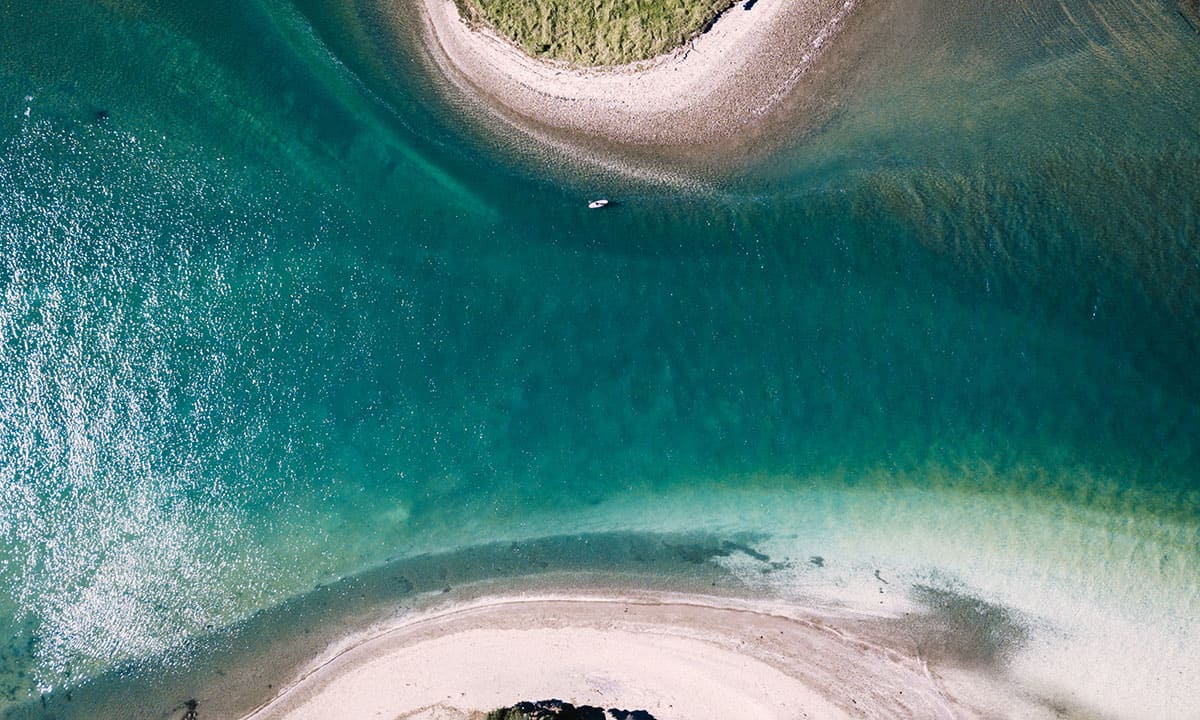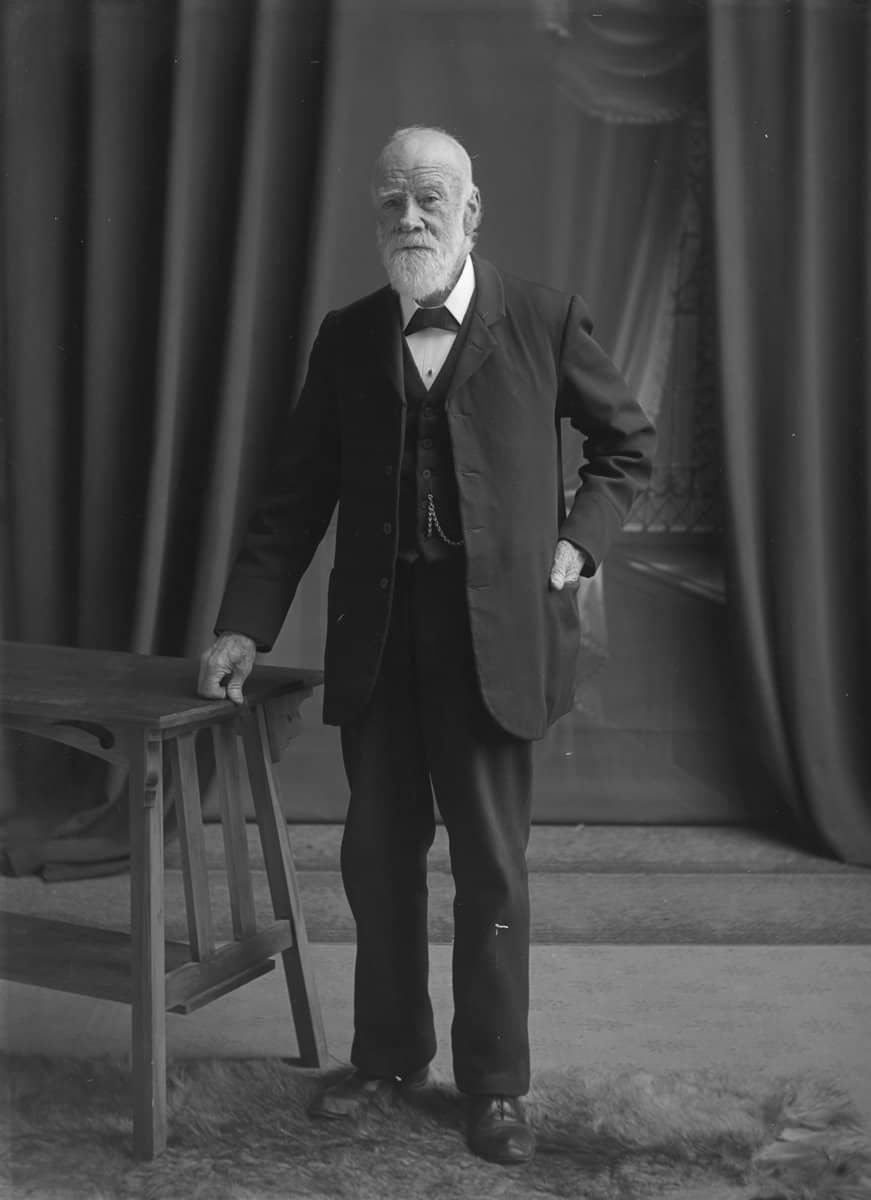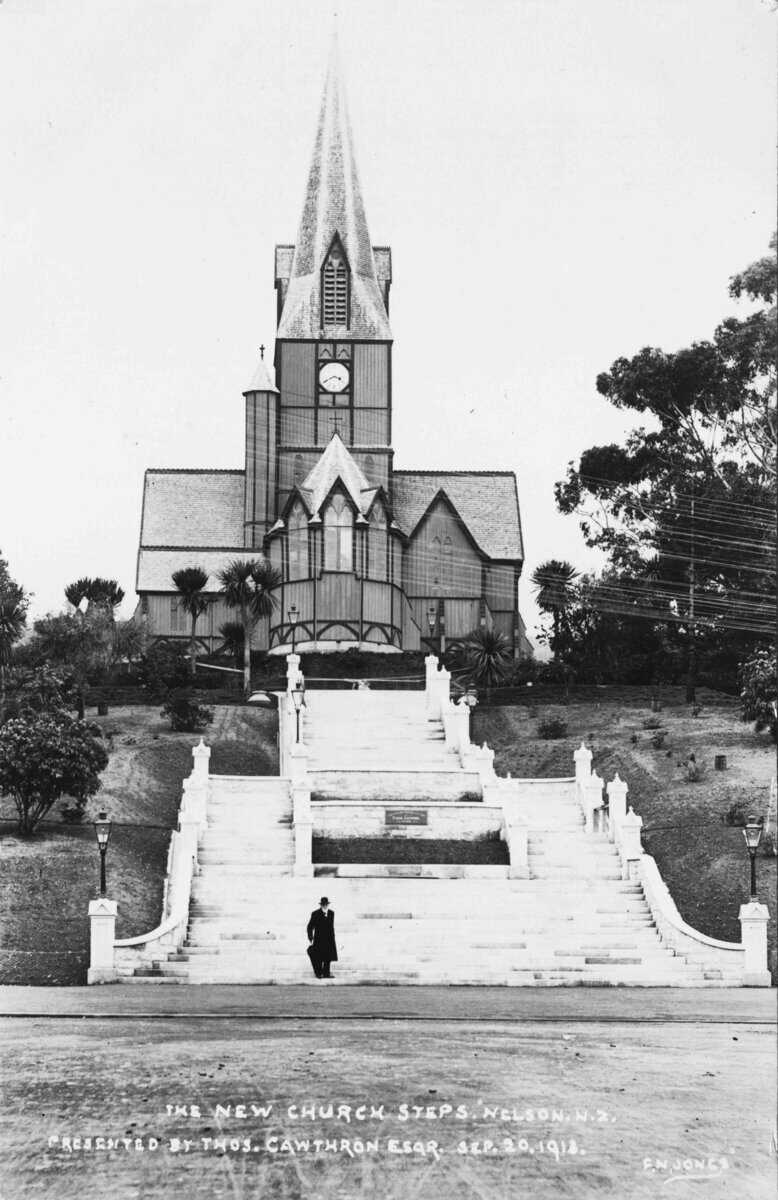
Celebrating 100 years
We’re proud of the positive difference our research has made to New Zealand’s environment and economy since our establishment in 1921. Here’s to delivering world-class science for the next 100 years.
Despite a challenging year brought about by the global Covid-19 pandemic, we have delivered a number of successful events and initiatives including an Open Day, Annual Lecture, Scitec and the New Zealand River Awards.
If you have any questions about our centenary plans, please email comms@cawthron.org.nz
Our People
Hear from our staff about the significance of Cawthron Institute’s centenary year. They’ll share their stories from the past, update you on their present day challenges and opportunities, and outline their vision for the future…

Cawthron Open Day 2021
Earlier this year we opened our doors once again for the Cawthron Open Day as part of Tuku21 Whakatū Heritage Month on Saturday 10 April.
Our Open Day provided an opportunity for the public to get a behind-the-scenes look at New Zealand’s largest independent science organisation dedicated to supporting the sustainable development of primary industries and protecting our environment.
A big thank you to those who braved the weather and joined us. We loved sharing examples of our world-class science through our interactive exhibits, lab tours and science presentations.
If you couldn’t join us for Open Day, make sure you visit the Nelson Provincial Museum to see our special Cawthron exhibition “Our Science, Our Future – 100 Years of Cawthron” which runs from 27 May through to 3 October.

Philanthropist Thomas Cawthron
A science vision for New Zealand
More than 100 years ago, a retired Nelson businessman and philanthropist Thomas Cawthron made a will that would have a lasting impact on New Zealand science from the early 1920s to today.
Cawthron Institute was officially established in April 1921 with a bequest from Thomas Cawthron, who had a vision to conduct practical and independent scientific research for the benefit of Te Tau Ihu (top of the south) and New Zealand. This continues to be the ethos that drives our research programmes today.
Our past remains a big part of who we are. Thomas Cawthron’s legacy is realised everyday by our nearly-300 highly qualified scientists, technicians, researchers and specialist support staff from all over the world. Every day our people come to work to explore and challenge the boundaries of new science, and make ground-breaking discoveries that support sustainable development of New Zealand’s primary industries and protect and enhance our unique environment.
Thomas Cawthron Legacy Tour
Numerous Nelson landmarks and institutions stand testament to the outstanding contribution of philanthropist Thomas Cawthron who built a considerable fortune in trade, shipping and investment dealings.
Before his death in 1915, Cawthron lent and gifted money to the Nelson Institute Library and Museum, Nelson Hospital and the Nelson Centre of Musical Arts. He also paid for the continuation of the posts and chains on Rocks Road, gifted 1000ha on Dun Mountain to Nelson City Council, and funded the Cathedral Church Steps.
When Cawthron died he bequeathed £231,000 (equivalent of more than $100m today) to purchase land and develop an industrial and technical school to be known as Cawthron Institute.
Download the Thomas Cawthron Legacy Tour street map to discover his many enduring legacies in Nelson City.

Cawthron’s most visible gift to the city, the granite church steps.
Photograph by FN Jones, Ken Wright Post Card Collection.